Oscar, 26, joins me on Google Meet from Buenos Aires, having arrived earlier that day from New York – by way of a few hours in Mexico City and Panama. Just five days ago, he was in London. “New York was just going to be a weekend trip for a conference, but then I thought while I’m in America, I might as well head south and here I am.” It’s a far cry from Wales, where his family lives.
Yet this itinerary is barely a ripple in Oscar’s relentless travel schedule. His non-stop approach to flying places him firmly within a new tribe of Gen Z frequent flyers – mostly men – who treat globe-trotting like a real-life computer game. Their obsession? Maximum air miles for minimal money. The destination itself is secondary; the point is simply to keep moving.
This is where the gamification comes in. In the world of frequent flyers, points mean prizes. During the pandemic, Oscar (who works for a software company) discovered he could book “the nicest business-class seats for nothing.” Airlines, desperate to win back customers, offered extreme flexibility. “Buy 40 tickets and use only one, go to the lounge, cancel the tickets, then leave the lounge,” he says.
Last year, Oscar took on the “million-point challenge” run by Scandinavian Airlines (SAS) to celebrate its entry into the SkyTeam alliance. The challenge required participants to fly on 15 SkyTeam airlines between mid-November and December 31 in exchange for a million SAS EuroBonus points. By spending around $4,000, they could generate up to $13,000 in rewards.
An avid reader of the UK’s cult “travel loyalty” site Head for Points, Oscar flew London-Amsterdam-Jakarta-Taipei-Xiamen-Ho Chi Minh City-Seoul-Shanghai-Seattle-Mexico City-Bermuda-NYC-London-Abu Dhabi-Mumbai-Doha-London all in just five days. One particularly grueling day stretched to forty-eight hours, thanks to shifting time zones.
For Oscar, it’s a thrill, an endurance test, a puzzle to be solved. “How do I get more than what I’m paying for?” he says. “It’s about problem-solving. There are so many variables. You could brute-force it, or you can be strategic – write scripts, build tools.”
New experiences are part of the appeal, especially for a generation whose formative years were shaped by lockdown. “Come to a new city, literally anything can happen,” he says. “Who am I going to meet, what am I going to do? Why would I sit in London and spend £15 on a cocktail? I can spend a fraction of the price and see interesting places. Why would you be stuck in London? Why would you stick in one friendship group when there are unlimited people you could meet?”
For Oscar, it’s a thrill, an endurance test, a puzzle to be solved. ‘How do I get more than what I’m paying for?’
This borderless mindset – untethered from place, home or even nation – reflects a wider Gen-Z shift. A major Times of London study recently found that just 11 percent of young Britons would fight for their country; only 41 percent were even proud to be British. Same is true of youth in various western countries.
Nationality doesn’t mean much to Ollie, a 27-year-old software developer, either. He also prefers a nomadic life. “I’m pretty sure Hong Kong will be my new home – for the next few years at least, once I get permanent residency,” he says from a rented room on the island. He ended up staying there after one of his last trips. The downside of being a digital nomad, he notes, is that “at the end of the day, you’re still stuck with a British passport.”
Lucie Greene, founder of the trend forecasting agency Light Years, has tracked this shift for years. “Gen Z sees the world in a post-geographic way. They ask what services countries can offer them. They don’t respect government or institutions. They’re optimizing life for themselves.”
Ollie calls himself a pragmatist. “I paid 5 percent income tax last year. No VAT, no capital gains tax,” he says. “In the UK, I’d be paying close to 50 percent and not getting much in return. The freedom of speech thing [in Hong Kong] is a problem, but from a selfish perspective, I’m probably fine. I can always leave. That’s my choice.”
Of course, the appeal isn’t just the beaches and bars. For Gen Z ultra-frequent flyers, the true prize is status: lounge access, perks, upgrades – secured at the lowest possible cost. The ultimate challenge? Hacking the system. “I like analyzing what is the maximum possible way you can push the envelope,” Ollie says. “As for the lounges, it’s a maximizer mindset – you can get a £50 ticket and if you have status, then spend the whole day there, with free food, free alcohol, free massages, for example. It’s a sanctuary.”
“Millennials are coders; Gen Z are hackers,” says Molly Logan, founder of a Brooklyn-based Gen Z think tank, Irregular Hours Labs. “If a rule works, they’ll follow it. If not, they’ll hack it. The flex is in doing it on a shoestring, showing ingenuity.” Flying, with its labyrinthine fare structures, reward tiers and loopholes, is the perfect playground.
But what about the trees? What about carbon footprints – the supposed obsession of the most eco-conscious generation in history? “They’re not obsessed,” Logan counters. “We saw early that Gen Z will say they care about environment. But then they go shopping at Shein [the Chinese fast-fashion brand]. They will not sacrifice [their lifestyle] for the environment. They think fixing the environment is for companies to figure out, not them.”
That might explain why people in their twenties and thirties now fly more than their wealthier elders. According to recent Civil Aviation Authority data, three-quarters of under-34s have flown in the past year, compared with just over half of Boomers.
Many of these serial travelers do have jobs – just ones they can do from anywhere. Nonstop flying works, thanks to in-flight WiFi. “It’s as good as at home,” says Benedict, 27, the Patagonia-clad, athletic-looking co-founder of a Silicon Valley-backed startup that sells insurance risk as an asset class. “When the internet is bad, I do deep work. When it’s good, I work like I’m in an office. Recently, I was in Monaco, then Baden-Baden, New York, Miami, Vegas, Singapore… In startups, we optimize every-thing. I buy flights with points instead of paying outrageous inflated airfares.”
Oscar admits his obsession with flying is “an addiction of sorts.” “When I go back to Wales, all I can think about are the infinite possibilities that lie beyond,” he says. “I might be hitting my limits. But there are still a lot of points to take advantage of first.”



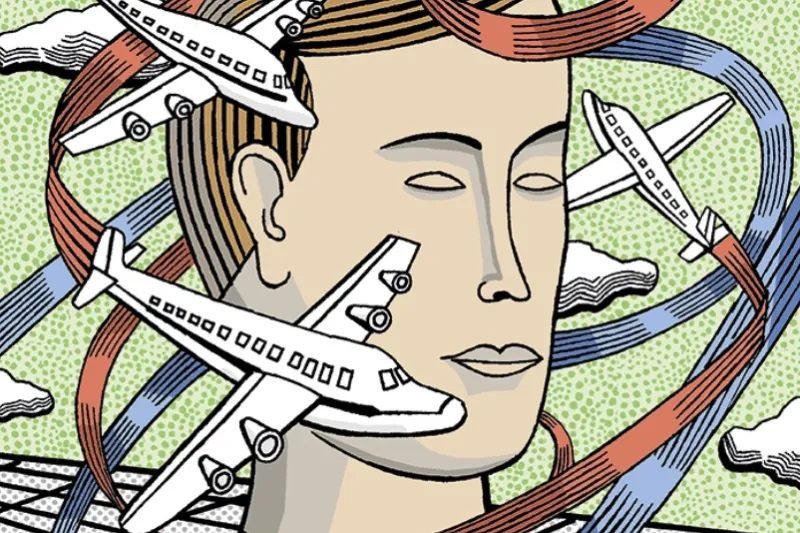






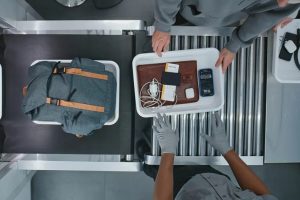




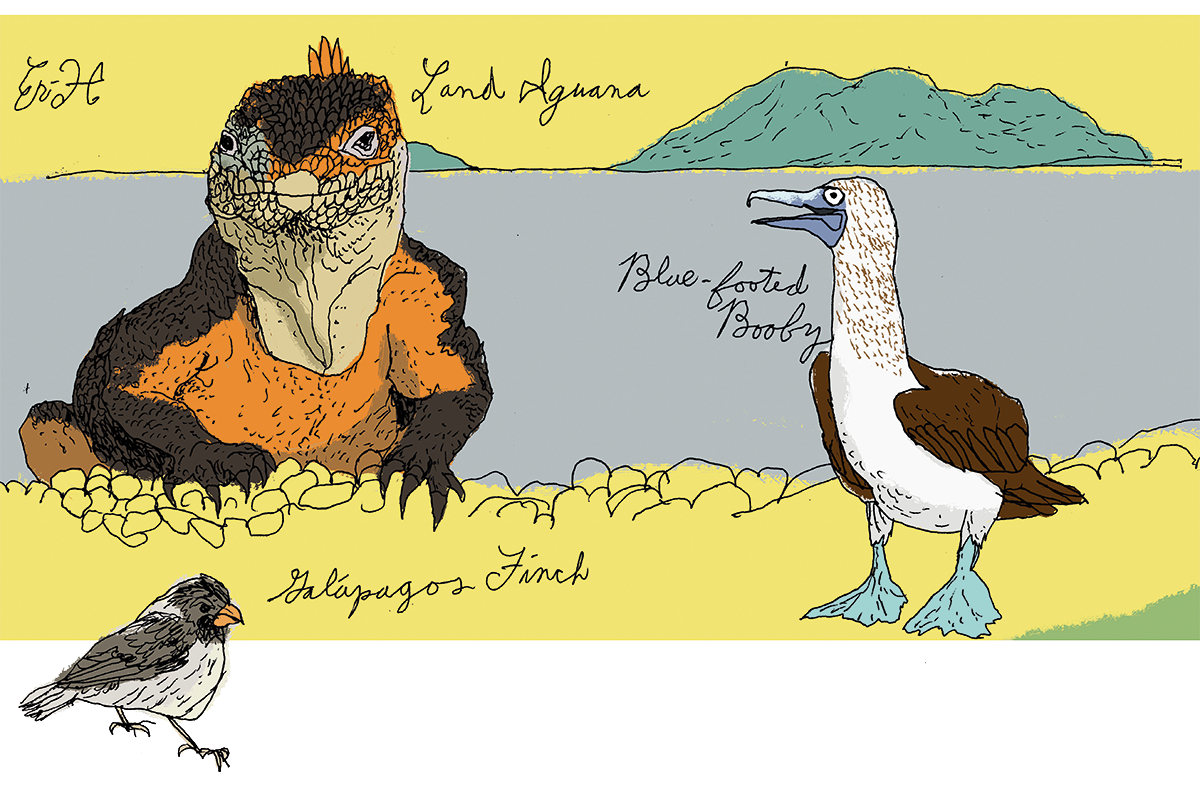
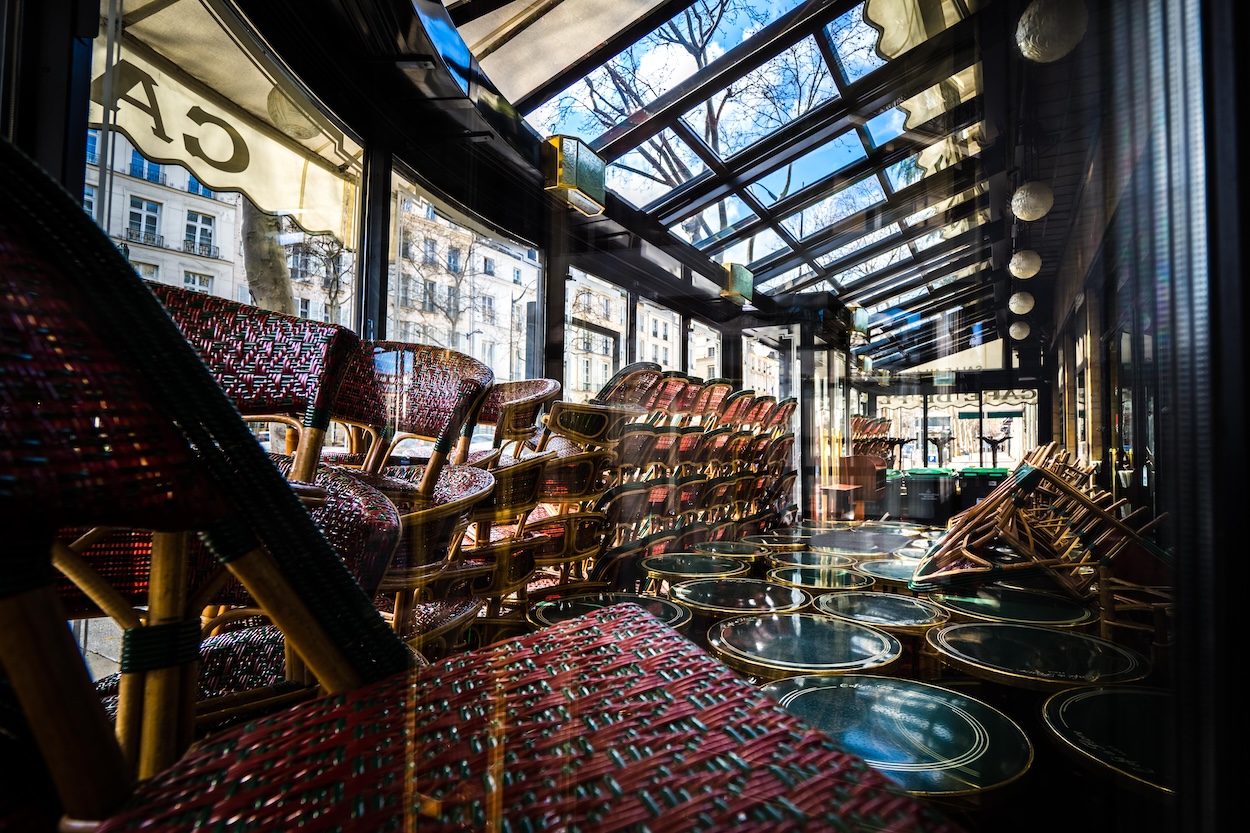
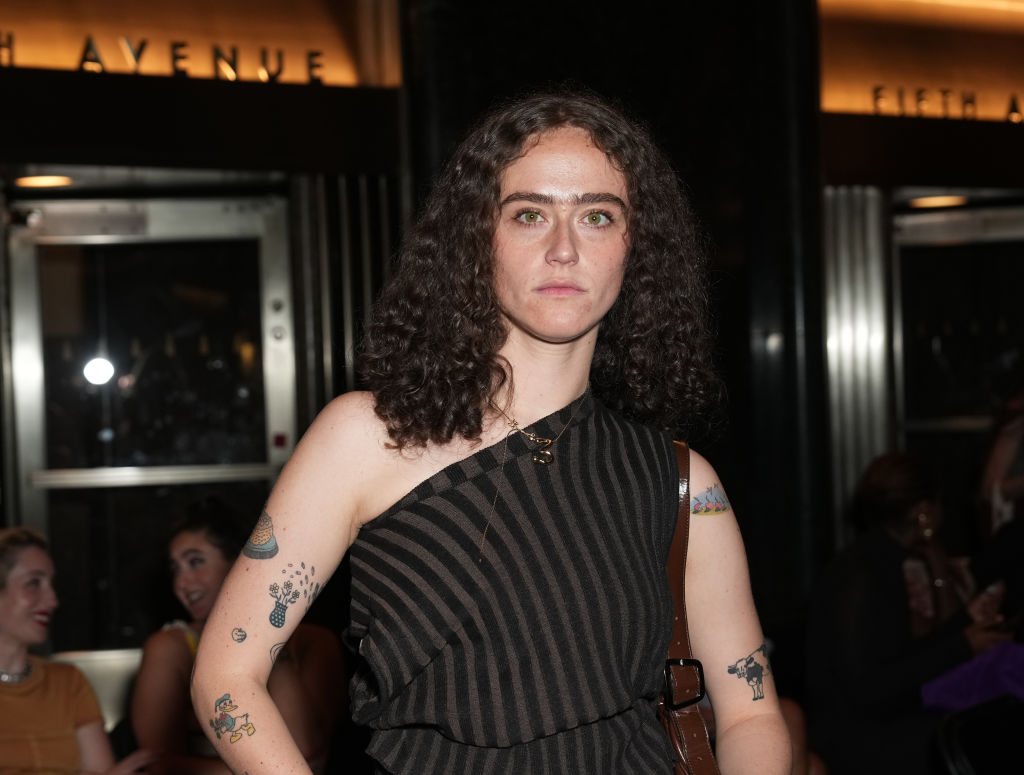








Leave a Reply